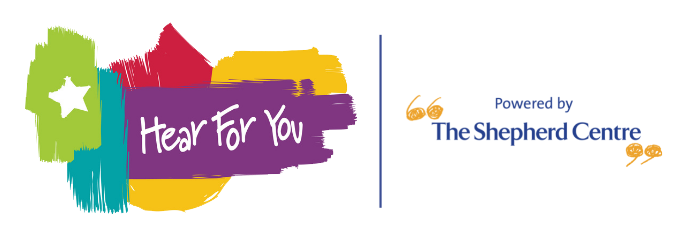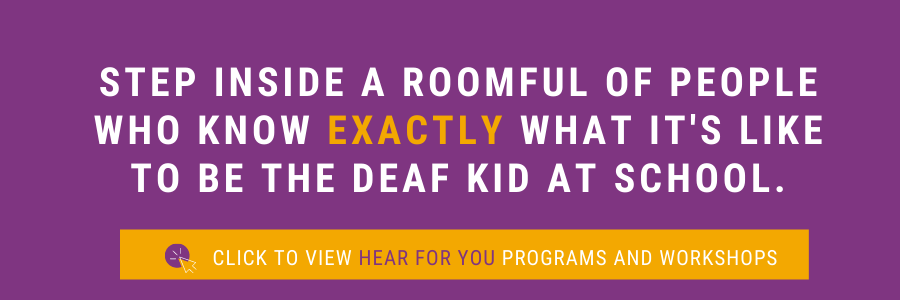We asked a bunch of deaf teenagers a simple question – What’s it like to be a deaf teenager? and the answers were varied. But just as you would expect, there were common themes involving friendship, hardships, communication barriers and ways to adapt to your surroundings.
We share some insights into what it’s like to be a deaf teenager.
What Is It Like To Be A Deaf Teenager?
- I have to go to speech therapy, I don’t like it but it does help.
- To me it feels normal to be deaf – don’t know what it feels like not to be deaf.
- I have to adapt to silence when I turn my device off, then when I wake up I have to adapt to the noise.
- I have hearing support at school, but not everyday.
- Without my cochlear I can’t hear a thing in my left ear.
- I’m moderately deaf so I only need hearing aids.
- My teacher wears a radio FM around her neck and that lets me hear her more clearly.
- I was born deaf and I’ve been doing speech and language therapy since I was little.
- I feel isolated when I don’t have that extra support or guidance at school.
- I feel really supported when my friends show they are trying to communicate with me, like when they stand on the side of my good ear, or repeat a conversation that is too fast for me to follow.
- I sign, my whole family signs, and I would love to see sign language introduced into mainstream schools.
- When I feel supported I think it makes a difference to my learning. Having a good teacher at school means a lot.
- My first memory of knowing I was deaf was when I was 6 years old and I was playing with other kids and one of them asked what was behind my ear. I’d forgotten I was deaf and had to say that I was deaf. It was a bit weird.
- When I was younger I wondered why my other siblings had good hearing but I didn’t. But as I got older I met other kids like me, so I didn’t feel so weird about being the odd one out.
- When I was born my parents were shocked, sad and scared when they realised I was deaf. They worried that it would limit my opportunities in life and feared for my future. They worried about my education and how people were going to treat me. Technology has come a long way and thanks to speech & language therapy and the development of cochlear implants, I don’t see my deafness as a barrier.
- My parents knew nothing about deaf people when I was born. They relied on support groups to help them understand that even though I was deaf, I still had tons of opportunity.
- Some people think that there’s something wrong with my brain, but there’s just something wrong with my hearing.
Tips To Remember When Talking To A Deaf Friend
If you’re reading this because you have a deaf friend, then here are few quick tips to remember next time you’re with them.
- Speak clearly and steadily
- Don’t speak too fast – if you think you are, try a slower pace
- Face your friend, they will most likely be lip reading as well as hearing you from their device
- Wave or tap their shoulder to get their attention
- Be ready to repeat what you have asked in a different way
- Texting and online messaging is always the option – if you want to call then ask if they are ok with this, and suggest Facetime as an option
- It is ok to ask their communications preference – speak or sign. Don’t assume all deaf people all sign
- Be conscious of the lighting and where you are communicating. A dark room is difficult, sunlight behind you is not so good, and noisy café or places with background noise can be hard. It’s ok to suggest to move to a better spot, remember that often your deaf friend is making compromises because they are trying to fit in.
We’re proud to promote our mentors, who have been there done that, and lived through it! They share their experiences with younger teens and help guide them through these tumultuous teenage years which it can all seem daunting. If anyone would like to reach out to our mentors, contact us here.




